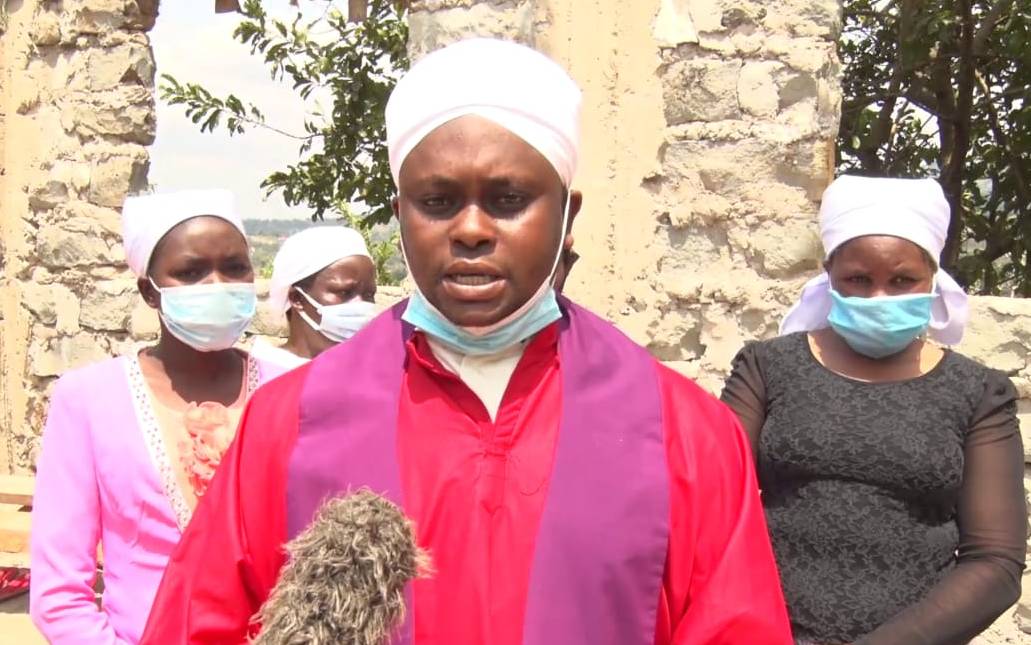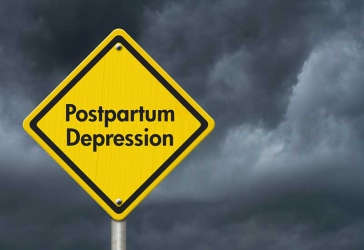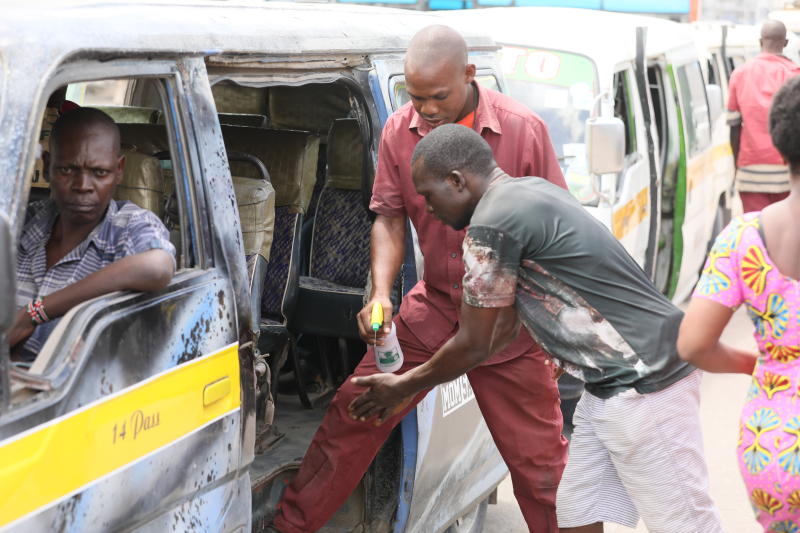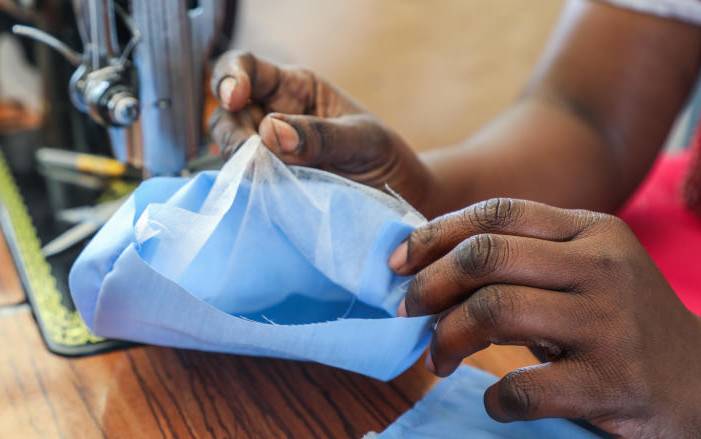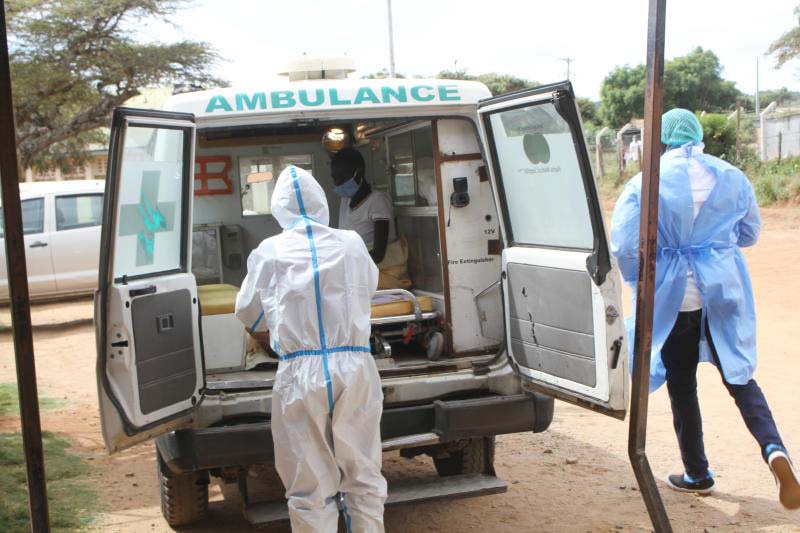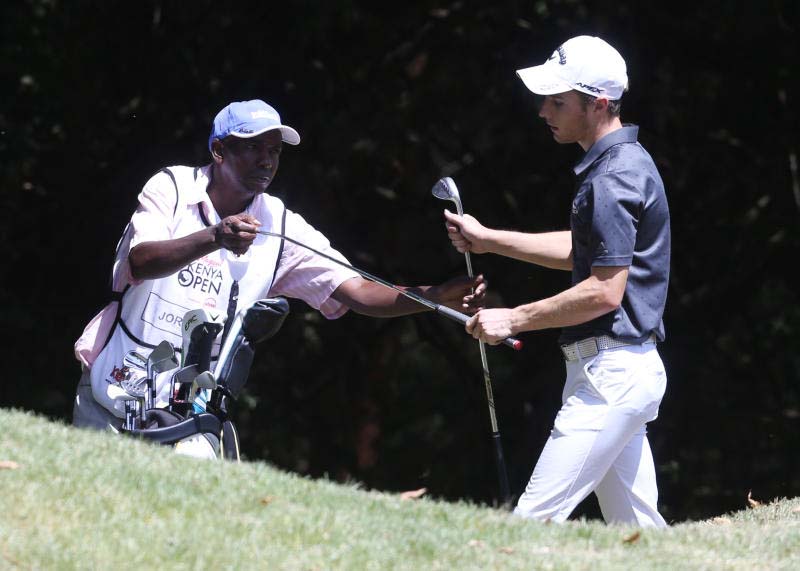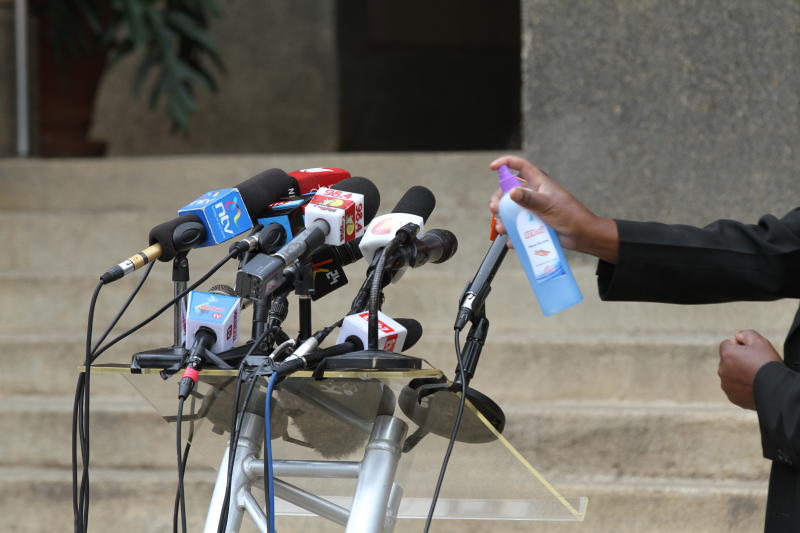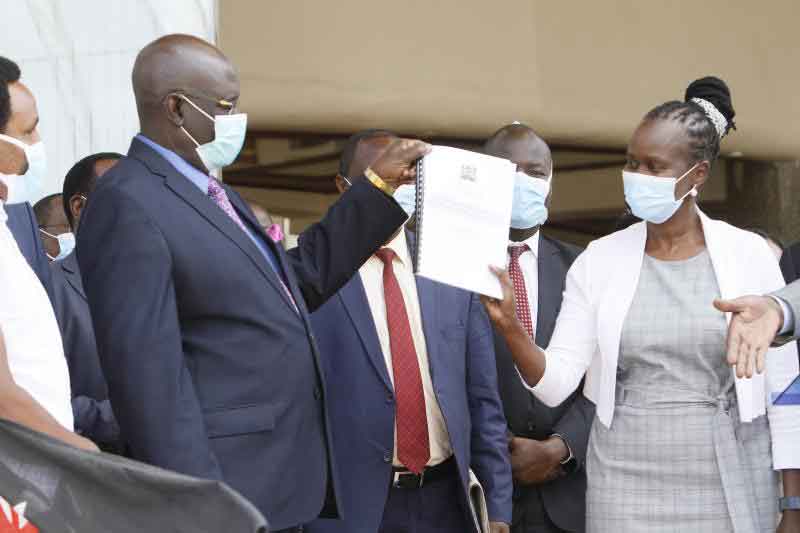
On June 6 President Uhuru Kenyatta directed the ministries of Education and Health to issue and publish guidelines for reopening of schools in September 2020.
He also directed the Ministry of Education to announce the new school calendar in mid-August.
Hopefully, things will go according to plan but pertinent issues about long-distance learning have to be addressed.
Long before the Covid-19 pandemic, it was apparent that the education sector needed to build and improve current infrastructure to better prepare our students for the 21st Century.
Stakeholders and the Ministry of Education (MoE) were all aware of the challenges a large population of learners, educators and parents faced with 100 per cent transition to high school among other challenges.
Covid-19 only continues to show the required urgency of developing the requisite infrastructure. What happened to the laptop initiative? If distance-learning is touted as the way instruction will be delivered to learners, then the initiative needs to be resuscitated.
However, we need to go beyond laptops as the solution for the existing challenges. Is the MoE providing teacher training that incorporates digital learning continually to keep abreast of best practices?
Also, before lurching on ambitious goals, the biggest challenge facing MoE is ensuring that schools and learners have access to basic needs. At the very least, clean water, proper sanitation, electricity and furniture should be provided. MoE will need to mobilise resources, collaborate with stakeholders and prioritise finding and implementing relevant and practical solutions for learners across the country.
Another nagging issue is that many learners have limited access to high-quality education, Whether these are students in arid areas, low-income, refugees or students with special needs, more has to be done. Naturally, it is tempting to always begin where education infrastructure exists than prioritising providing solutions to learners at the margins. The MoE and all stakeholders should, therefore, rise to the occasion and prioritise learners already locked out of their education or with limited access and resources.
A good place to start dealing with this pervasive predicament is to include leaders from marginalised communities, from teachers to parents and administrators in getting the solution to problems inhibiting access to education.
Their voices have to be well represented in decision making and resource allocation. They have to be seen as sources of ideas and solutions for long-standing challenges.
A willingness to listen, equip and empower leaners and leaders in these communities will require an evaluation of assumptions and attitudes towards them as recipients of the least attention.
Ignoring these communities impacts the overall society and broadly, overlooking them underdevelops our country.
Public-private partnership is a low hanging fruit in education. A partnership between public and private stakeholders can establish a myriad of educational experiences away from the classrooms; strengthening T-VET institutions, creating apprenticeships and multiple career pathways.
The pandemic complicates the delivery of the newly rolled out Competency-Based Curriculum (CBC) due to limited training, awareness and demands of CBC. Most educators were at the initial stage of understanding what the CBC entails.
Parents with prior experiences and familiarity with the 8-4-4 system were suddenly dealing with the tension of the overwhelming differences between the two systems.
Some teachers had received training and were beginning to implement CBC; many people were asking questions about this new system that required more resources, in terms of money and skills to solve simple, previously understood mathematics problems.
Discussions were already underway before COVID-19 on how well CBC was fairing. With COVID-19, the reality of remote CBC delivery has become even more complicated as teachers, learners and parents feel under-prepared.
The time-honoured exams have complicated matters further. What would happen if these examinations were altogether cancelled? Some suggest cancelling exams might have a silver lining. Cancelling the exams would deflate all the mounting pressure and anxiety from learners, parents and educators. More importantly, this might convey the fact that education is more than national examinations and instead help us focus on the broader purposes of education.
How then would students gain admission to their preferred schools? The education sector could use this opportunity to rethink this structuring that perpetuates inequality in our institutions and society. Could this rethinking then require MoE to pay more attention to all schools and promote excellence across the board? Could MoE and stakeholders finally get an alternative to exams? Furthermore, what assessments are proposed for CBC?
The task forces and committees must generate policy actions that benefit learners across the country. Covid-19 can’t allow reinvention of the wheel. MoE and stakeholders have to strengthen infrastructures, build new ones and deliver a quality education that equips and empowers all students, during Covid-19 and beyond.
Dr Elisheba Kiru is an education researcher at ACAL Covid-19 Thinktank
 The Standard Group Plc is a multi-media organization with investments in media platforms spanning newspaper print
operations, television, radio broadcasting, digital and online services. The Standard Group is recognized as a
leading multi-media house in Kenya with a key influence in matters of national and international interest.
The Standard Group Plc is a multi-media organization with investments in media platforms spanning newspaper print
operations, television, radio broadcasting, digital and online services. The Standard Group is recognized as a
leading multi-media house in Kenya with a key influence in matters of national and international interest.

